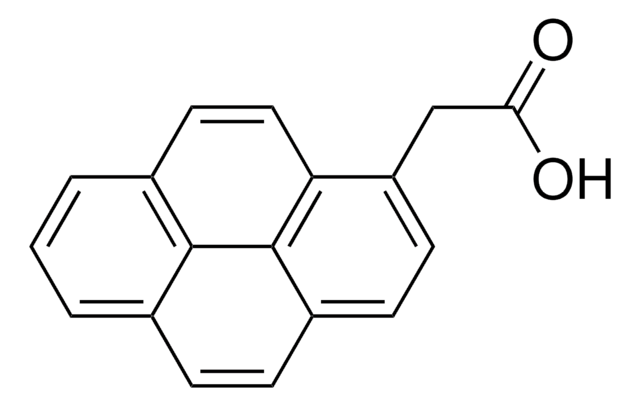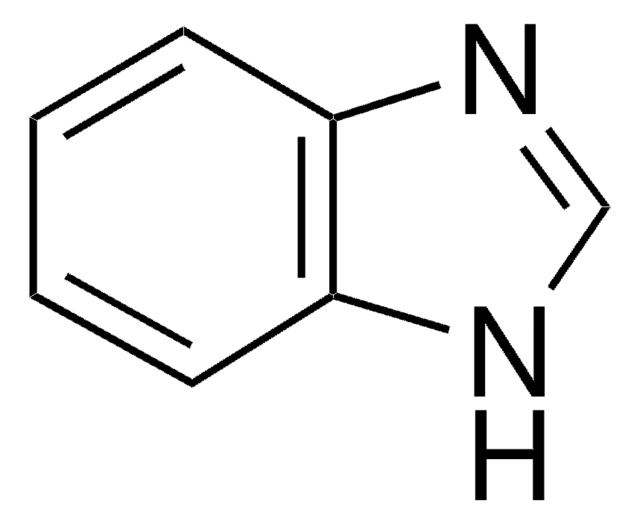294853
Aluminum acetate, dibasic
contains boric acid as stabilizer
Synonym(s):
Dihydroxyaluminum acetate
About This Item
Recommended Products
form
powder
Quality Level
contains
boric acid as stabilizer
composition
Al, 16-19% EDTA titration
B, 2.5% EDTA titration
reaction suitability
core: aluminum
SMILES string
CC(=O)O[Al](O)O
InChI
1S/C2H4O2.Al.2H2O/c1-2(3)4;;;/h1H3,(H,3,4);;2*1H2/q;+3;;/p-3
InChI key
KLMDYFUUSKOJAX-UHFFFAOYSA-K
Looking for similar products? Visit Product Comparison Guide
Related Categories
General description
Application
- As an aluminum dopant to reduce the cobalt content in lithium-rich layered oxide cathode materials of lithium-ion batteries. These materials exhibit excellent capacity retention and voltage retention, enhancing electrochemical performance.
- To prepare doped zinc oxide thin films by atmospheric pressure plasma (APP) deposition process.
- As a cross-linker for temperature-controlled gel-casting and joining of ceramics. These aluminum borate nanofibrous porous ceramics are excellent candidates for high-temperature insulation applications.
Signal Word
Danger
Hazard Statements
Precautionary Statements
Hazard Classifications
Repr. 1B
Storage Class Code
6.1C - Combustible acute toxic Cat.3 / toxic compounds or compounds which causing chronic effects
WGK
WGK 3
Choose from one of the most recent versions:
Already Own This Product?
Find documentation for the products that you have recently purchased in the Document Library.
Customers Also Viewed
Articles
Nanostructured Materials Through Ultrasonic Spray Pyrolysis
Advances in materials have often been led by the development of new synthetic methods that provide control over size, morphology and structure. The preparation of materials in a scalable and continuous manner is critical when development moves beyond lab-scale quantities.
Our team of scientists has experience in all areas of research including Life Science, Material Science, Chemical Synthesis, Chromatography, Analytical and many others.
Contact Technical Service

